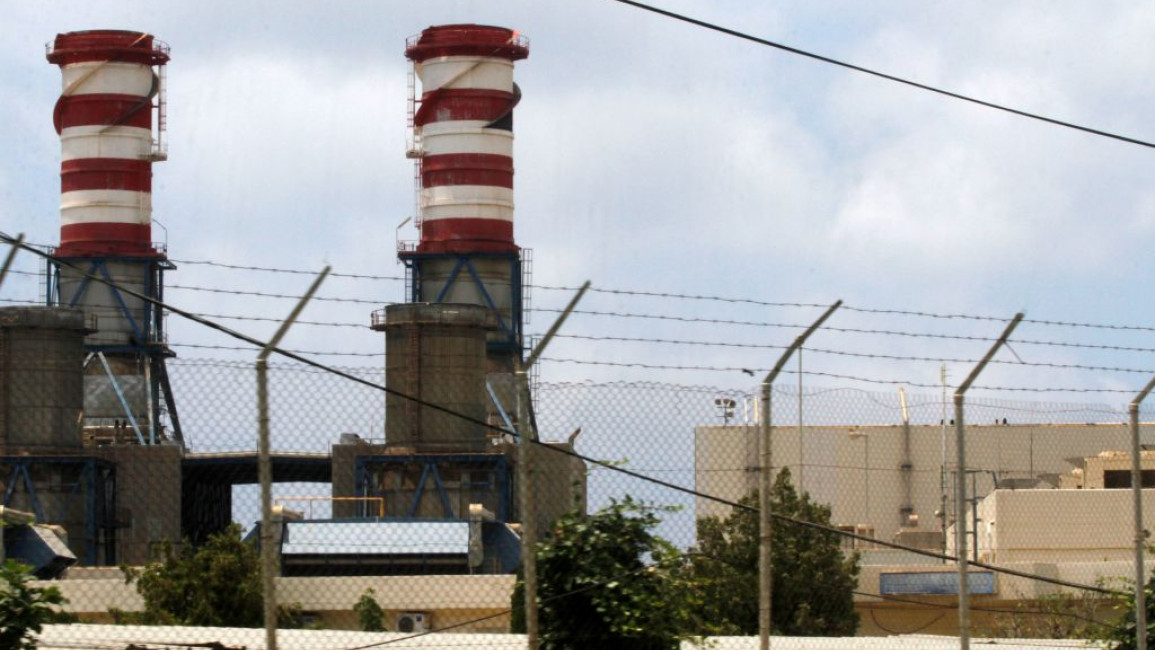Lebanon plunges into darkness as power plant supplies run dry
Lebanon was plunged into darkness on Friday when the two main power plants in the country were switched off.
The shutdown occurred when fuel supplies at the Deir Ammar and Zahrani power plants, which together supply about 40% of the country’s electricity, ran dry.
The continuing lack of foreign currencies in the country mean that the power plant's owners, Electricite Du Liban, are struggling to pay overseas energy suppliers.
Shipping loaded with gas oil arriving at Lebanese ports have refused to unload their holds until the owners receive payments in dollars.
Many citizens in Lebanon can only secure two hours of electricity a day.
Lebanon has been unable to provide 24 hour electricity for decades, but a private network of generators have always managed to fill the gaps where the national grid had failed.
These private generators, which run on diesel fuel, are now also coming under pressure, due to the difficulties in securing the fuel and the high cost of operating.
Further adding to the woes of the Lebanese public, many are now also facing water rationing, as supplies start to run dry.
Government corruption and criminal economic mismanagement have push Lebanon into an financial crisis, leading to a complete collapse of the Lebanese pound.
The association of pharmacy owners announced on Friday that they will be closing their doors as part of a "general open-ended strike across Lebanon" in protest of the shortages of medicines that is plaguing the country.
Meanwhile, the price of bread rose again, from 3,750 pounds to 4,000 pounds.
Justifying the rise in the price, the ministry of economy and trade said that it was "based on the rise in the dollar exchange rate, fuel prices, and the high cost of transporting flour from mills to bakeries, transporting bread from bakeries to sales centres, and based on the price of wheat on the international stock exchange".



